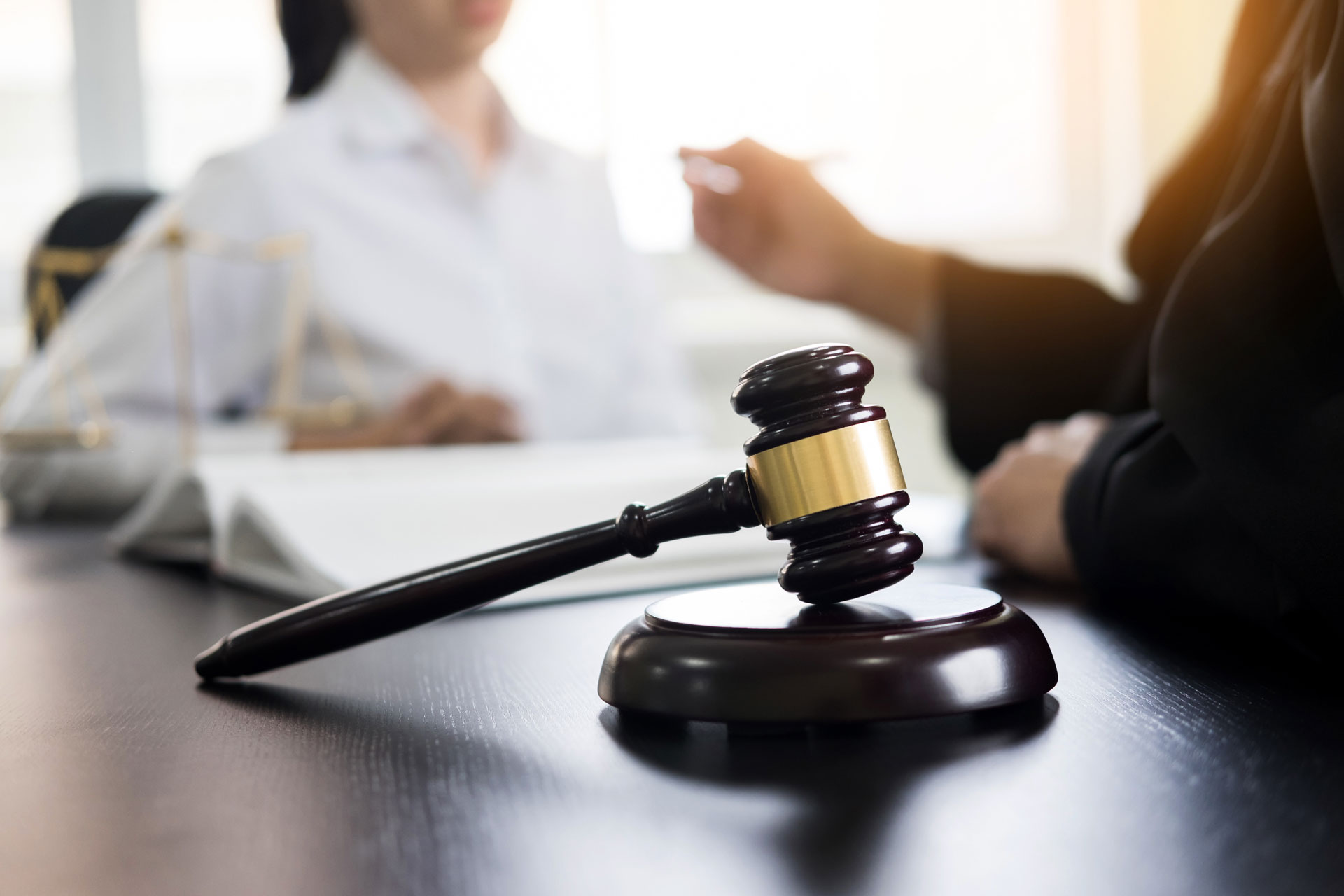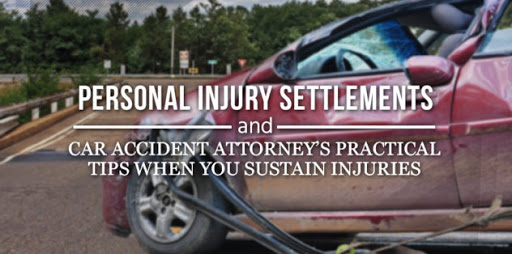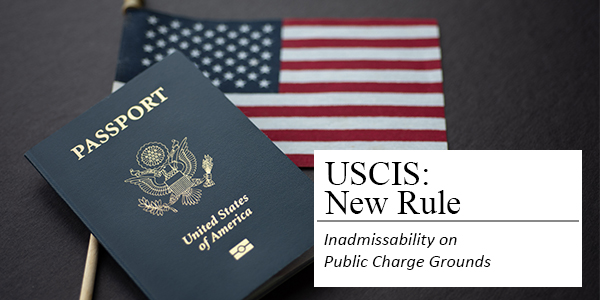PERSONAL INJURY SETTLEMENTS AND CAR ACCIDENT ATTORNEY’S PRACTICAL TIPS WHEN YOU SUSTAIN INJURIES
California car accidents are higher than the national average. The common usual causes for car accidents are Driving Under Influence of drug or alcohol (DUI), poorly maintained or defective vehicles, congestions, over-speeding, violations of traffic rules, poor driving conditions, hot pursuits on the roads or freeways, unqualified and unlicensed driving or negligence. There are economic and non-economic damages that the State of California allows an injured person to recover. In regard to economic damages, you may recover the following a) Hospital Expenses; b) Medical Bills; c) Lost Wages; d) Lost future earning; e) Property Damage. Thus, it is important that you keep all your receipts and income tax documents. For Non-economic damages, you may recover any or all of these: a) Pain and Sufferings; b) Loss of consortium; c) Loss of Normal activities or lifestyle; d) Disfigurement; e) Disability.
When someone hits you, make sure to get hold of your cellphone (preferably with camera) right away. Your cellphone is your most important gadget when car accidents happen because you can immediately take pictures of the damages to both your car and that of the other party’s car, the location, the plate number of the other car(s) and the location. You can easily get the information of the other party who hit you by taking pictures of Driver’s License, Insurance information and Car Registration. There is no more need to write all these information unlike the olden days. Your phone camera will save you so much time on this regard. Call 911 immediately and describe your location. More often, police Officers do not respond to minor traffic collisions. When minor collisions occur, you are expected to just drive slowly to the side of the road in order not to cause traffic and exchange information with the other driver. In cases of major accidents when there are severe injuries or even death, you can expect Police Officers and Emergency Response Units to be in the area in a few minutes. In any case, if a Police Officer responded make sure to get his information if you are able to do so. Stay calm and narrate to him what really happened. If you can get witnesses in the area to corroborate your statement, that would be perfect. Always remember that the Police Reports are considered hearsays (because they are simply relating what other people said about the incident) under the rules on evidence but the eye witness’ personal knowledge of what happened are not.
In minor traffic accidents, you need to go immediately to the Urgent Care establish near you to document the pain you are going through. If you cannot drive yourself, then call 911 so that you can be brought to the Emergency Room of the hospital nearest to the accident location. For major traffic accidents, the responding Emergency Response Unit will certainly bring you to the nearest hospital.
Engaging the services of an attorney will help you legally argue your case much better with the seasoned Insurance Adjusters. You cannot expect the Insurance Companies to be on your side of the negotiation table. They will surely try to minimize their payment settlement despite the fact that you deserve way more than they would eventually offer. Their main consideration is maximizing profit and never be swayed by the glib, sweet-talking and well-trained Insurance Adjusters. They are not there for you! They are trained to ask seemingly innocuous questions, which if answered in a certain fashion, could substantially reduce your personal injury claim. Questions like, “How are you feeling?”, “Do you feel pain?”, “Do you have injuries?” are very tricky questions that should not be answered unless you have been finally cleared by your Doctor. Your chances of securing a way better settlement offer is greater when you have a lawyer advocate your cause and argue the severity of your injury from a more technical and legal point of view. You do not stand a chance with highly experienced and well-trained Insurance Adjusters who will advance all possible techniques in the book to make a low ball offer and leave you unable to argue your case the moment they start coming up with technical terms and relatively complex arguments. You definitely need a car accident attorney who is tough and aggressive in advancing your cause. Get one soonest!
Call your own insurance company and report the incident to them so you can get your claim number and document what transpired. Provide your insurance company of the other party’s information so that your insurance company will immediately conduct its investigation;
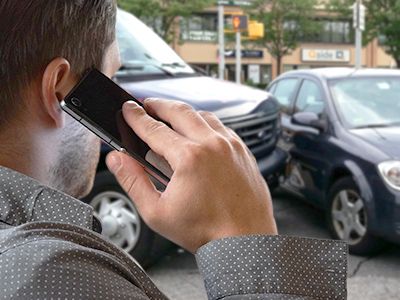
If your car was damaged, take photos of the car from as many different angles as possible. Be sure to take at least one picture showing the whole car with the vehicle plate number. Get at least two written estimates of damages from reputable repair shops. If there are bodily, mechanical and/or electrical damages, you may have to get separate estimates for each of these types of repairs;
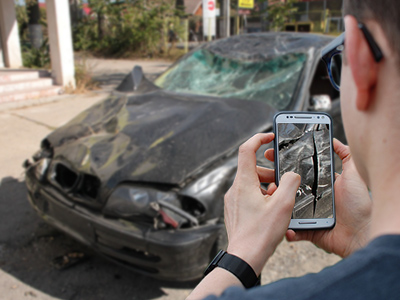
Be sure that you file an SR-1 with the Department of Motor Vehicles (DMV) as soon as possible (Driver Only). SR-1 must be filed if there was property damage of more than $750, there were injuries not matter how minor or anyone died from the car accident. You can easily download that form from the DMV website. Your own insurance company can help you accomplish the SR-1 form. SR-1 forms are supposed to be filed within fifteen (15) days from date of the accident. But if you have not met the deadline, file the form anyway as soon as you possible;
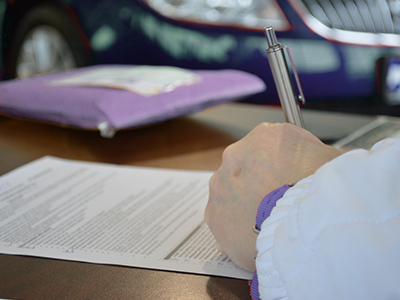
Get in touch and meet with an experienced and reliable car accident attorney as soon as possible. The reason being that the insurance of the other party will keep on calling you at the most inconvenient time when you are trying to rest both physically and psychologically from the accident. These call can be very annoying! If anyone on behalf of the other parties, including insurance adjusters, tries to call you, just tell that person nothing except to get in touch with your car accident lawyer. Do not even answer a question such as “How are you today?”, “How are you feeling?” and etc. Under the law, they are no longer allowed to call you henceforth once you have retained an attorney;

Do not discuss the facts of your accident, your medical treatment or any of the facts about your case with anyone outside of your immediate family. This means discussion with friends, relatives, your barber or hairdresser. Any remark may be taken against you later on and could adversely affect your personal injury claim;
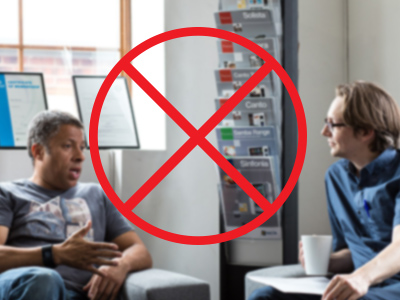
There are usually two kinds of physical injuries—hard and soft tissue injuries. Hard injuries are broken bones, joint injuries, head injuries, vertebrae injury, nerve damage and other serious injuries; while soft tissue injury are less obvious and could affect the muscles, ligaments, tendons and other soft tissues that affects normal mobility such as whiplash, strain or sprains. As for soft tissue injuries, you will experience pain in a day or two. If you are unable to move around and see your doctor yet, just go the nearest pharmacy and buy over the counter pain relievers. Keep the receipts for record purposes and turn them over to your car accident lawyer. If you pay any miscellaneous expenses, like prescriptions, bandages, towing and storage charges, auto rental bills, be sure to get receipts of bills marked “paid” and send these to your car accident attorney also. It is a good idea to keep track of the mileage that you put in going to and from medical treatment;
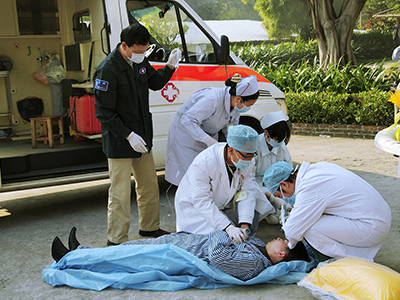
Whiplash happens when somebody hits you and your head and neck are suddenly snapped back and forward without you knowing it. Whiplash pain symptoms from a car accidents can surface shortly after but the most of our clients experience these symptoms within 10 days or even up to two (2) weeks. It is common that you might feel you were not hurt in the car accident but after a week or two, you wake up one day and can no longer move your neck and headache does not go away. In more severe cases, some people experience spinal injury that requires immediate medical attention;

After a visit to the Urgent Care on the very day of the accident, we strongly suggest to have your physical injuries Examined by a Medical Doctor or a Chiropractor immediately and cooperate with him. Make sure to provide him with a narrative of the incident as he needs this in his Medical Report at the end of your treatment. Be honest and describe the pain in your body parts and be responsive to all his questions. This way, the doctor will take notes of your pains and development every scheduled appointment. These notes will be his bases in drawing up his final Medical Report.
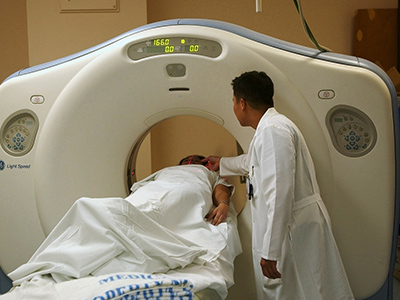
If you need to cancel any Doctor’s appointment, make sure to advise your doctor in advance. If you skip your appointments for an extended period, your credibility as to injury and pain will be adversely affected because most Insurance Adjuster would tell you that you “were not really in pain because you could afford not to go to treatment for a long time”. I heard that line many times when Insurance Adjusters tries to discount the painful experience of my clients;
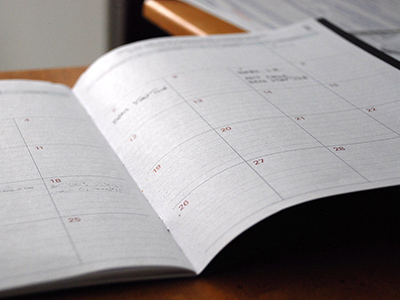
See the doctor as often as you need, but do not go there more often than what is necessary under usual circumstances. Insurance Adjusters have the statistics and the normal costs for the usual treatment received for the kind of injury that you have. They are experienced and smart enough to know what is medically needed under premises. Always remember that law is not based on logic but based on human experience (Supreme Court Justice Oliver Wendell Holmes);
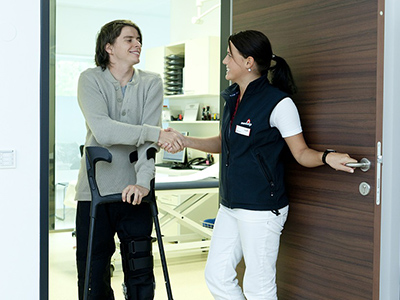
Make sure to inform the Doctor also of your pre-existing conditions. Pre-existing conditions may allow you to recover if mental or physical condition got worse. The negligent party must take the injured party where they find him/her–the condition at the time of the accident. Thus, it is imperative that previous injuries and related medical records on the same body part or near the area must be disclosed so that the credibility and overall value of the present claim will not be adversely affected. Your doctor will conduct a comparison on the old injury as against the present one to verify how the accident worsened the condition of the injured party;
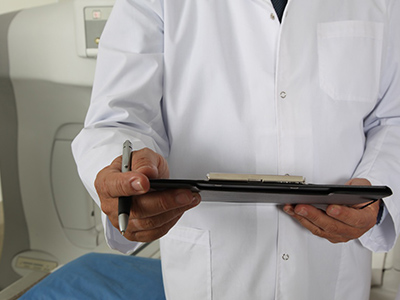
If you have your own medical insurance, either through a group insurance plan, your own auto policy with medical coverage, an individual policy or some other coverage, it is to your advantage to have this other insurance carrier pay as much of your medical bills as possible. If you claim from your own insurance, it will have a subrogation right against all settlement award you will receive from the other insurance company. This simply means that they have the right to be reimbursed (out of your settlement award) for the amount of money they have spent in sending you to the Doctor or Chiropractor. In the end you will need to cut out a check for your own Insurance company;
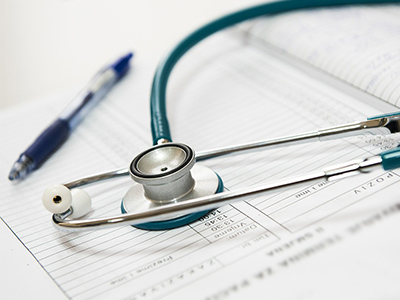
Make sure not to miss the doctor’s final evaluation of your injury after the treatment is completed. This will help the doctor ascertain if your injury is chronic that needs to be managed for the rest of your life or is something that can be treated permanently. Most injuries are usually considered to be chronic especially as we advance in years which serves as a factor in computing for the amount of damages you are entitled to receive; and
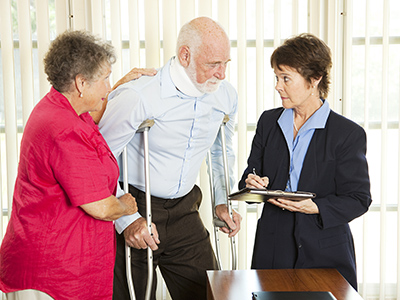
If you missed work because of the car accident, you need to document the days you were absent for work and proceed to speak with the company’s personnel or human resource department so they can provide Certification on the matter. Your loss of earnings (even if you were paid for your sick leave) for the days you were absent is certainly to be added to your personal injury claim.

When an accident occurs, the respective insurance companies of the parties involved conduct an investigation. They usually arrive at a certain investigative report and will relay to you about their findings. Should you be found to be partly responsible for the accident, there will be a corresponding reduction of the amount of compensation to be awarded to you. The State of California adheres to the so-called “Pure Comparative Fault” Rule, wherein it allows the injured party to recover even if it is 99% at fault but of course, the amount of recovery will be reduced by the degree of fault. Thus, if you are not substantially at fault, it is still wise to pursue your claim.
Admission of liability is NOT admissible in evidence in court, meaning nobody can show to the court, in case of litigation, that the other party has already admitted liability. The reason is to encourage parties to negotiate for the amicable settlement of the case before it reaches the courts. The Insurance Company of the other party will try to negotiate a personal injury settlement with the injured party after the latter submits the demand package composed of the Demand Letter (demanding economic and non-economic damages mentioned above), the Doctor’s Narrative Medical Report, Billings (special damages incurred in the medical treatment and therapy).
Once the demand package is received, the Insurance company conducts an investigation as to the merits of the damages demanded and comes up with an amount as an offer for personal injury settlement. The Insurance Adjusters do not reveal their formula and would often discount the pain and suffering you went through so as to minimize their exposure. However, they normally add up the medical expenses or medical specials (economic) together with the general damages (non-economic) for pain and suffering. The total amount of special damages are usually multiplied by about 1.5, 5 times or even more when the injuries are serious. Soft tissue injuries (muscle sprains and strains) of the neck, back, knee, ankle and etc. usually merit a lower multiplier compared to “hard injuries” or more serious injuries such a broken bones, head injury, separations, dislocations, ligament and cartilage tears, wounds and spinal injuries which are almost always assigned a much higher multiplier especially when they required therapy and length of time to heal and the prognosis for complete recovery is remote depending on the age and physical condition at the time of the accident. The negotiation process can take a month to even almost two (2) years from date the offer was first communicated.
If the personal injury settlement offer is accepted by the injured party, the latter is required to sign a Release Form and shall forever be barred from filing an accident lawsuit on the same incident forever. If not accepted, the injured party makes a counter-offer until such time both parties arrive at a personal injury settlement. If there is no agreement, then the injured party is has the option to institute a case with the court with the prescriptive period—which is normally two (2) years from date of the accident.
Yes, there is. If no personal injury settlement is achieved, you should file your car accident lawsuit for your injuries either with the small claims court (depending the amount of your claim) or with the Superior Court within two (2) years from the date of loss or date of accident. Otherwise, your claim will be forever barred. From day one of the accident up until the two (2) year period expires, we will vigorously and aggressively assist you in arriving at an amicable settlement with the Insurance Company of the other party.
I know Personal Injury Laws may be very hard to understand. Maybe you got confused after reading this article that you demand immediate answers. So I’m giving you a chance to directly talk to Lawyers for Accidents. I encourage you to inquire from our free consultation page here -> Lawyers for Accidents.
If you’re looking for a Personal Injury Firm, Ponferrada Law Offices – attorneyhelpsyou.com are highly qualified Lawyers for Accidents. Offering you an excellent, quick and quality legal service with fast communication at the least possible cost.

